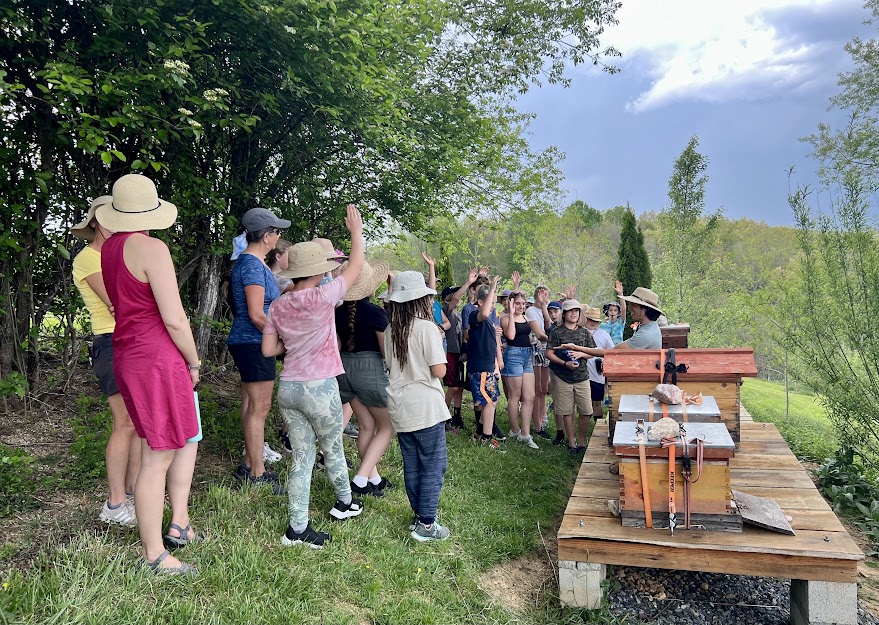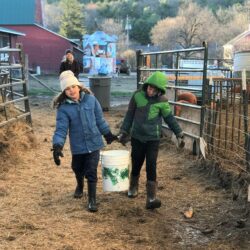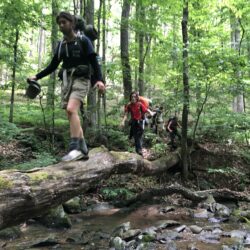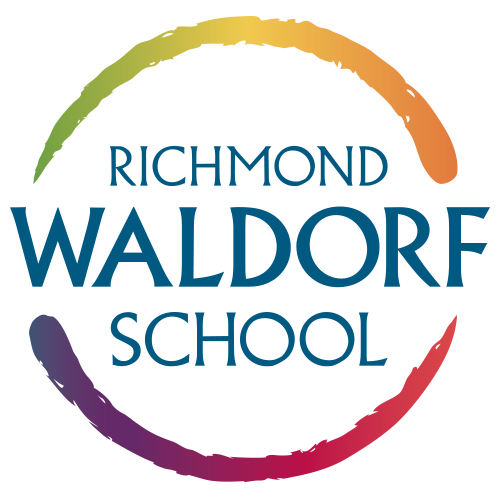Better Field Trips = Better Academics

New research shows that field trips aren’t just fun and disruptive “extras”; these trips have strong academic and behavioral benefits. A recent study showed that students who went on multiple field trips performed better academically and were less likely to miss school or have behavioral issues than their peers. Waldorf schools value engaging students with the world through hands-on experiences, and have specific cultural, community service and outdoor education trips built into our curriculum to further enrich and enliven our students’ education.
When students can explore new environments, apply knowledge or skills they have gained, and have the space to draw new connections, learning is infinitely more meaningful. With Waldorf education, meaningful experiences are fundamental to developing the type of students who are cuirious, creative, and critical thinkers. Field trips are the perfect way to support these developing people.
As a recent article from Edutopia explains, “Field trips aren’t a threat to in-class instruction, they’re a tool to help bolster engagement and expand students’ horizons. “It’s possible to expose students to a broader world and have a culturally enriching curriculum without sacrificing academic outcomes, and it may actually improve academic outcomes,” Erickson says. Far from harming test scores, the researchers found that culturally rich excursions reinforce academics and ‘students who participated in these field trips were doing better in class.’ “
In a world where educational environments feel the pressure to keep pace and prepare for standardized tests, Waldorf education offers a different approach. We intentionally incorporate trips, both locally and further away. These experiences not only support the academic content that students are learning, but are also intended to bolster social/emotional development such as community building, self-confidence, and resiliency.
From 1st grade, seasonal field trips to apple orchards, the James River, and other parks help them connect to the natural world and learn how to be a group of students outside the school setting. These trips create opportunities for fundamental interpersonal skills and strengthen the child’s self sufficiency, independence, and confidence.

Third grade in Waldorf education is the time when children take their first overnight trip, away from parents! We spend a week in upstate New York at another Waldorf School and biodynamic farm. The Farm Trip is truly the perfect experience to apply the knowledge gained over the course of the year, but also to learn new lessons in adventure, resiliency, friendship, and community.
Outdoor, overnight trips become part of the annual calendar in grades 3 through 8. Our students boat along the James River, visit nearby indigenous tribes, study botany and beekeeping, go spalunking (that’s caving), try their hand at ropes courses. We also visit local museums, including the VMFA, Science Museum, and VA History Museum. Our middle schooelrs also visit the National Gallery in Washington, DC and travel by train to get there. All of these experiences, from figuring out what to pack, how to navigate the bus or train station, setting up your tent, to cooking meals and managing homesickness, all help our students be the type of person who is resourceful, resilient, and who has a sense of wonder about the world.

We culminate our field trips with the 8th grade class trip, which is planned in coordination with the students. This final trip is a true adventure, a challenge, and huge accomplishment that truly sends them off to High School with confidence and incredible stories. Expect to see 8th graders going sailing along the Chesapeake Bay, perhaps doing some backpacking along the Appalachian Trail, or an adventurous rivier trip. In Waldorf education, these field trips play critical roles in the curriculum, where life lessons are taught and the classroom content comes to life.
To learn more about the Waldorf approach to science education, and how we bring meaning and inspiration to the learning environment, submit an online inquiry here.
At Richmond Waldorf School, we recognize that our student’s physical, social and emotional well-being are a key part of their ability to learn and thrive. Our holistic approach to education prioritizes critical thinking, communication, collaboration and creativity to prepare students for the challenges of the 21st century.
We would love you to explore if the Waldorf approach is right for your child! Join an information session or meet with our Enrollment Administrator to learn more about Richmond Waldorf School.
Choosing a school is a very important decision in a family’s life. Our admissions process is designed to give you as much information as you need to make an informed decision about enrolling your children. Whenever possible, we encourage all families to book a visit when considering Richmond Waldorf School. We want to meet you! It is just as important for us to know who you are and what you are looking for in a school, as it is for you to know who we are and what Waldorf education is about.
Valerie Hogan
Enrollment & Marketing Administrator
| 804-377-8024 ext 3
